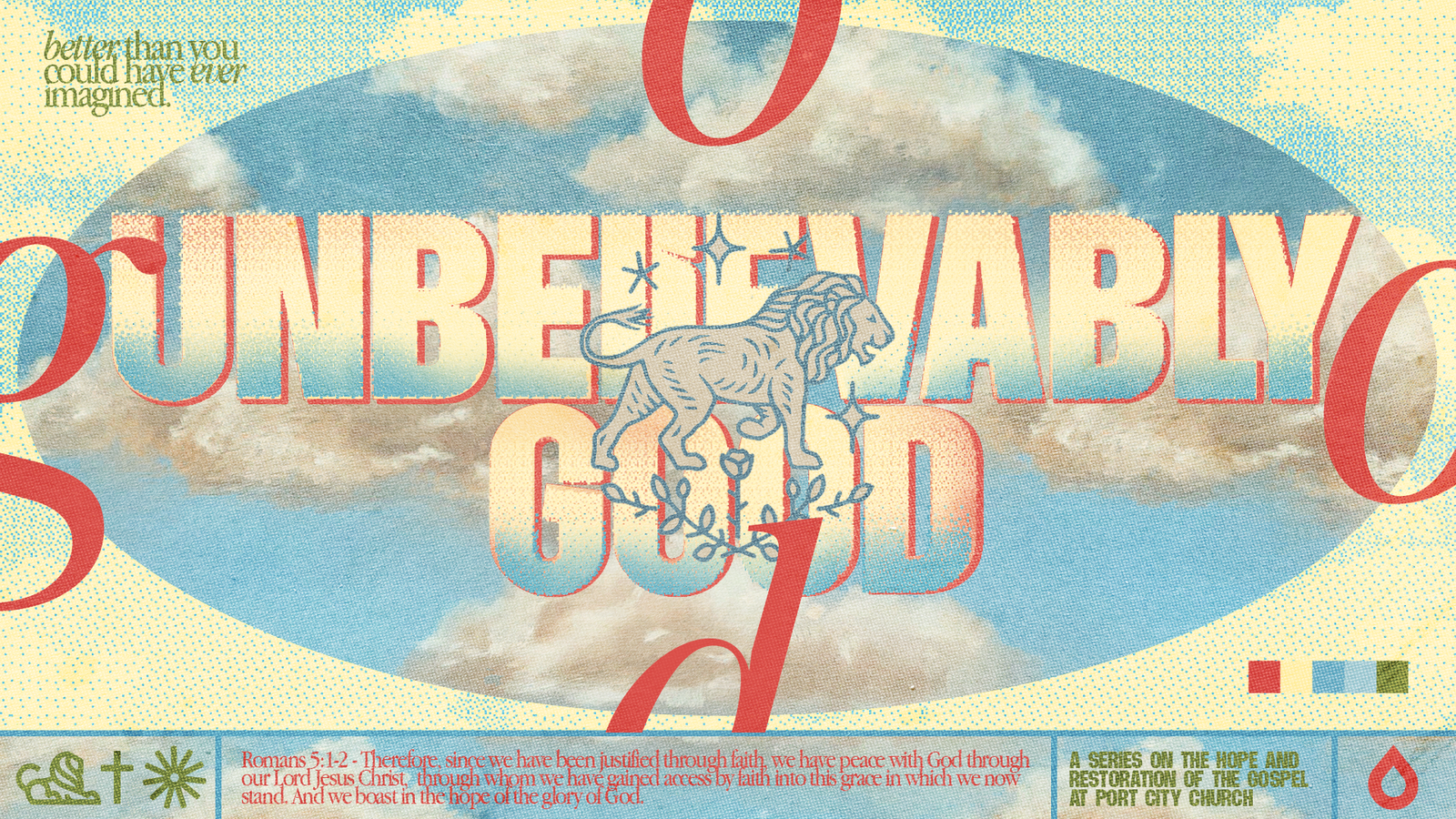Love Demonstrated
READ
We live in a world full of conditional love. Parents proudly display bumper stickers when their children make the honor roll—not when they fail. Romantic relationships often thrive when both partners are at their best but crumble when one person's worst qualities emerge. Even in our closest relationships, we often love others for what they bring to our lives or how they make us feel.
Against this backdrop of conditional human love, today’s verse in Romans presents something radically different—a love that reaches its highest expression precisely when we are at our lowest point.
Let’s take a moment to read Romans 5:8:
But God demonstrates his own love for us in this: While we were still sinners, Christ died for us.
REFLECT
Notice the timing emphasized in this verse: "While we were still sinners." Not after we cleaned up our act. Not once we proved ourselves worthy. Not when we finally got our lives together. But while we were actively living in rebellion against God, He orchestrated history's greatest demonstration of love.
The word "demonstrates" here is powerful—it's not just a verbal claim but visible proof. Anyone can say "I love you," but God wasn't content with mere words. The cross stands as the undeniable evidence of sacrificial love, the ultimate show-don't-tell moment in cosmic history. When we wonder if God truly loves us, we need look no further than the cross, where that love is permanently on display.
And this wasn't a token sacrifice. "Christ died for us" points to the most excruciating, humiliating death in the ancient world. Roman crucifixion was deliberately designed to maximize pain and shame. Jesus—fully divine and completely innocent—willingly embraced this torment not for friends who loved him back but for rebels actively opposing him.
To grasp the magnitude of this love, consider what Paul wrote just a few verses earlier: "Very rarely will anyone die for a righteous person, though for a good person someone might possibly dare to die." Human love occasionally reaches heights where someone might sacrifice for an exceptionally worthy person. But God’s love goes infinitely further—Christ died for the unworthy, the ungrateful, the openly hostile.
This is the great reversal of the gospel. Typically, we think love is a response to loveliness—we love what attracts us. But God's love creates loveliness in its object. He doesn't love us because we're worthy; we become worthy because He loves us.
This verse fundamentally changes how we understand both God and ourselves. Many fear that God is perpetually disappointed or angry with them. Romans 5:8 refutes this by showing that even at our worst, God's heart toward us is love. Our sin doesn't diminish His love; it highlights it. The cross reveals that God doesn't love some idealized future version of you that doesn't exist yet—He loves you exactly as you are, though He loves you too much to leave you that way.
This unconditional love becomes the model and motivation for how we're called to love others—not based on their performance or what they can offer us, but simply because they, like us, are recipients of this extraordinary love.
RESPOND
Take a moment to process what God might be leading you to do in light of what you read.
How would your self-perception change if you truly believed God loved you at your worst just as much as He'll love you at your best?
What practical difference does it make to view the cross primarily as a demonstration of love rather than simply as a solution to the problem of sin?
REST
Take a moment to rest in God’s presence and consider one thing you can take away from your time reading, then close your devotional experience by praying:
Loving Father, I stand amazed at the timing and extent of Your love—that while I was still in rebellion, Christ died for me. Thank You for not waiting until I deserved Your love but for demonstrating it when I least merited it. Help me to both receive this unconditional love more deeply and to extend it more freely to others. Amen.

